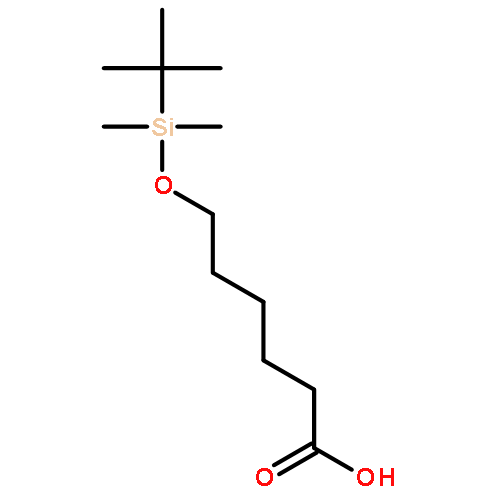Co-reporter: Ryan M. Weiss, Amy L. Short, and Tara Y. Meyer
pp: 1039
Publication Date(Web):September 2, 2015
DOI: 10.1021/acsmacrolett.5b00528
A new general synthetic approach to sequenced macromolecules was developed and applied to the synthesis of polymers comprising lactic acid (L), glycolic acid (G), and ε-caprolactone (C)-derived monomer units. The new method employs entropy-driven ring-opening metathesis polymerization (ED-ROMP) to prepare copolymers with embedded sequences and controlled molecular weights. Cyclic macromonomer precursors were prepared by ring-closing metathesis of ethylene glycol (Eg)-linked sequenced oligomers bearing terminal olefins. ED-ROMP of the resulting macrocycles using Grubbs’ second generation catalyst yielded poly(CL-Eg-LC-Oed), poly(CLL-Eg-LLC-Oed), poly(LGL-Eg-LGL-Oed), and poly(LGL-Eg-LGL-Hed) (Oed = octenedioc acid; Hed = hexenedioc acid). Hydrogenation produced the saturated sequenced copolymers. Molecular weight was well-controlled and could be adjusted by varying the monomer-to-catalyst ratio. Mns of 26–60 kDa were obtained (dispersities = 1.1–1.3). The methodology proved general for three different sequences and two olefinic metathesis groups.
